Real Estate Firm Challenged Designation as a “Foreign Entity” Under B.C.’s Property Transfer Tax Act
A Metro Vancouver real estate company has lost its appeal against a $6 million tax assessment, after the B.C. Court of Appeal upheld the provincial government’s decision to classify the company as a “foreign entity” under the Property Transfer Tax Act.
The case involved a Burnaby-based company that purchased a $30 million residential property in 2018 and initially paid the standard property transfer tax. However, after an investigation, the B.C. Ministry of Finance determined that the company was subject to the Additional Property Transfer Tax (ATT) — commonly known as the foreign buyers’ tax — because it was ultimately controlled by a corporation incorporated in China.
The company disputed the assessment, arguing that since the major shareholders of its parent company were Canadian permanent residents, it should not be considered a foreign entity under the law. However, the B.C. Court of Appeal ruled against the company, affirming that corporate control — not the residency status of shareholders — determines foreign ownership under the statute.
A Closer Look at the Case
The legal dispute centered on corporate control and taxation law. The company, 1164708 B.C. Ltd., had registered ownership of the Burnaby property, but it was ultimately controlled by a parent company, Global Dingye Capital Ltd., which in turn was wholly owned by Nanjing Dingye Investment Real Estate Group Co. Ltd., a corporation incorporated in China.
Under B.C.’s Property Transfer Tax Act, a company is considered a foreign entity if it is:
- Incorporated outside of Canada, or
- Controlled by a corporation that is not incorporated in Canada, unless its shares are publicly traded on a Canadian stock exchange.
The court found that since Nanjing was a foreign corporation, it exercised control over all shares in the ownership structure, making 1164708 B.C. Ltd. a “foreign entity” under the law. This meant that the company was liable for the 20% Additional Property Transfer Tax — an amount totaling $6 million on its $30 million purchase.
Why the Appeal Was Dismissed
The B.C. Court of Appeal’s ruling emphasized that the legislative intent behind the foreign buyers’ tax is to cool Metro Vancouver’s housing market by discouraging foreign investment. The court found that corporations controlled by foreign entities — regardless of whether their ultimate shareholders are Canadian permanent residents — still fall within the law’s definition of a foreign entity.
“The high-level purpose of the legislation is to cool off the residential housing markets in areas of the province where they are considered to be overheated,” wrote Justice Groberman, in delivering the court’s decision. “The legislation attempts to do that by making it significantly more expensive for foreign investors to purchase such housing stock.”
The court also noted that foreign corporations can pose challenges for enforcement and financial transparency, particularly when it comes to tracing the origin of investment funds.
Legal and Market Implications
This decision reinforces B.C.’s strict approach to foreign real estate ownership and confirms that foreign-controlled companies will be subject to the foreign buyers’ tax—regardless of whether their investors have Canadian residency.
For investors and developers operating in B.C., this ruling serves as a reminder that structuring property acquisitions through Canadian-incorporated entities does not necessarily shield them from foreign buyer regulations. Legal experts recommend that businesses consult with real estate and tax lawyers before making major acquisitions to avoid unexpected tax liabilities.
If you have questions about real estate transactions, property tax obligations, or corporate structuring for property investments, the Real Estate and Conveyance Team at Clark Woods LLP is here to help.

